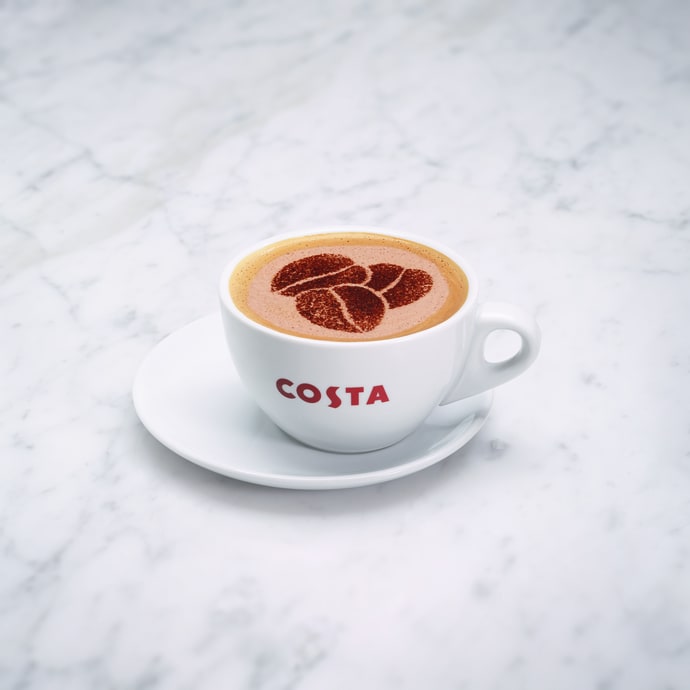Just a little over a month after Coca-Cola announced their acquisition of UK coffee chain Costa, the company has been handed an advertising ban from the UK Advertising Standards Authority (ASA). The ban comes after Costa launched an ad in June which suggested that egg muffins and bacon sandwiches are better breakfast choices than avocados.
The radio ad, which was designed to promote Costa’s breakfast selection, stated: “Oh, there’s a great deal on ripen-at-home avocados. Sure, they’ll be hard as a rock for the first 18 days, three hours and 20 minutes, then they’ll be ready to eat, for about 10 minutes, then they’ll go off.”
“For a better deal, head to Costa Coffee and grab a delicious, piping hot bacon roll or egg muffin for just £2 when you buy any medio or massimo hot drink or flat white before 11 a.m.”
Two radio listeners did not appreciate the joke and complained about the advertisement while claiming that it discouraged people from choosing healthier food options. This led the ASA to ban the ad from being broadcast again because it breached an advertising rule that states that marketers cannot “disparage good dietary practice.”
Costa is still allowed to advertise their breakfast selection, however, they cannot discourage good dietary habits in any future ads.
In response to the ASA, Costa said that their ad was not geared towards discouraging nutritional dietary habits. Instead, Costa claims that their ad was made because they “had a promotional offer to satisfy breakfast requirements” and the ad was just “centered on the frustration and unpredictability of the avocado.”
This probably came as a surprise to Costa because their ad was already approved for broadcast by Radiocentre, which is in charge of approving all UK radio ads before broadcast. The regulatory organization said that it would be “unlikely that the majority of consumers would regard the ad as a serious comparison between bacon rolls and egg muffins and avocados.”
Nevertheless, the ASA, which considers complaints against commercials, disagreed.
“We considered that although the ad was light-hearted, it nevertheless suggested avocados were a poor breakfast choice, and that a bacon roll or egg muffin would be a better alternative, and in doing so discouraged the selection of avocados,” the ASA stated on its website.
This means that Costa’s advertisement breached section 13.5 in the UK Code of Broadcast Advertising (BCAP), which directly states that: “Comparisons between foods must not discourage the selection of options such as fresh fruit and fresh vegetables, which generally accepted dietary opinion recommends should form a greater part of the average diet. Advertisements must not disparage good dietary practice. No advertisement should suggest that a balanced and varied diet cannot provide adequate nutrients in general.”
The ad ban comes as Coca-Cola takes steps towards becoming an overall beverage company. After their $5.1 billion dollar acquisition of Costa, Coke now has a strong coffee platform across Europe, Asia Pacific, the Middle East and Africa with the potential to expand to other markets. With over 4,000 Costa retail outlets, Coke can now take on competitors like coffee giant Starbucks.
However, this recent advertising ban signifies the need for Costa to improve their marketing campaigns. Although it’s understandable that the coffee company targeted avocados (since many consumers enjoy avocado toast) for their breakfast advertisement, they might find more success in offering healthier breakfast options. Since there is growth in healthy eating habits among consumers, the company needs to consider offering healthier meals rather than bashing them to promote high-fat foods.
Nevertheless, Costa has been experiencing continuous growth in the market, which is why they were able to catch the eye of beverage giant Coca-Cola. In the year ended March 2018, Costa’s global revenue reached £1.29 billion. As Coke takes on an active role in the company’s growth, Costa Coffee is likely to find even more success in the future.












Join or login to leave a comment
JOIN LOGIN